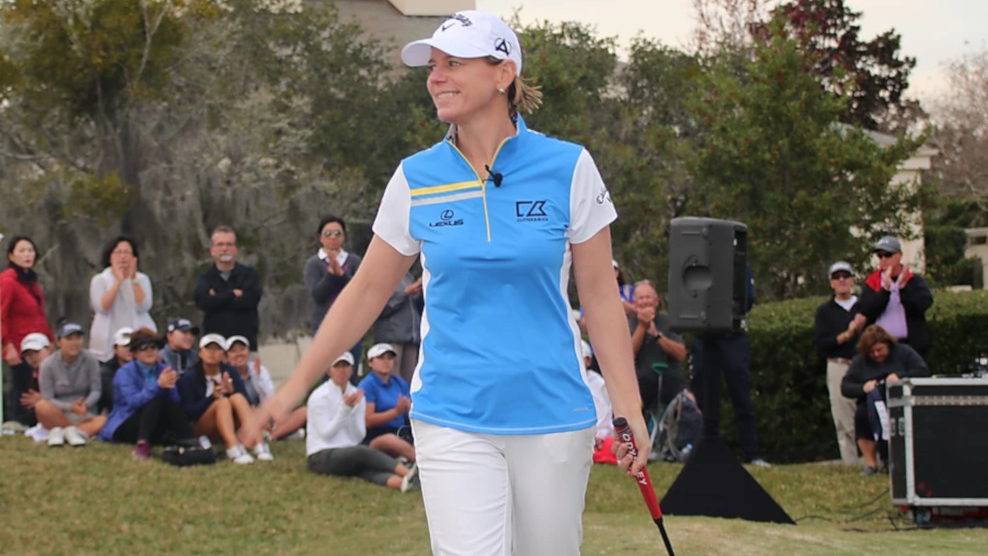Just a day after the attempted coup against the American government at the United States Capitol, President Donald Trump held a closed-door ceremony to honor three people with the Presidential Medal of Freedom, the greatest civilian honor that can be given from the executive branch.
Annika Sorenstam, Gary Player and the late Babe Didrikson Zaharias were recipients of the honor, which was first awarded in 1963.
Sorenstam and Player were both criticized heavily for participating in the ceremony, though the Trump administration announced this honor for the trio back in March 2020. While the pandemic forced the postponement of the ceremony as originally planned, critics believed the pair of living legendary golfers should have chosen to pass on receiving the honor from Trump in light of his role in fomenting the insurrectionist attack on Congress.
Ultimately, Sorenstam reportedly deleted many tweets and retweets in support of Trump and his administration. Her husband, a long-time Trump supporter, deleted his Twitter account in full.
On Tuesday, Sorenstam, who is the new president of the International Golf Federation, which is golf's recognized governing body for the Olympics, spoke with Golf Channel to discuss her decision to go through with receiving the Presidential Medal of Freedom.
.@ANNIKA59 joins @SBurkowskiGC to discuss The Presidential Medal of Freedom. We have more at Noon ET on Golf Today. pic.twitter.com/n1McGTORzm
— Golf Today (@GCGolfToday) January 19, 2021
“Well, I’m not one to second-guess," said Sorenstam, who is competing in the LPGA Tour's season-opening Diamond Resorts Tournament of Champions in Florida. "It was supposed to be in March 2020, and looking back at it, it’s just really about the people who have received it through history. I don’t want to spend any energy looking back, I like to spend energy looking forward, continue to open doors, create opportunities for the young girls around the world.”
The Swedish-born 10-time major winner referred to the Jan. 6 attack on Congress as a “dark day in America’s history," but ultimately she did not express regret in the interview in receiving the honor.
“Looking back, I don’t second-guess. I like to look forward, not spend energy on what could have been,” Sorenstam said. “It’s all about opening doors. That’s one thing I’ve learned. I’ve heard from a lot of people – you can imagine, a lot of opinions, a lot of comments. I hear clearly what those people say. I know they see it differently. But I listen and I embrace them all.”

